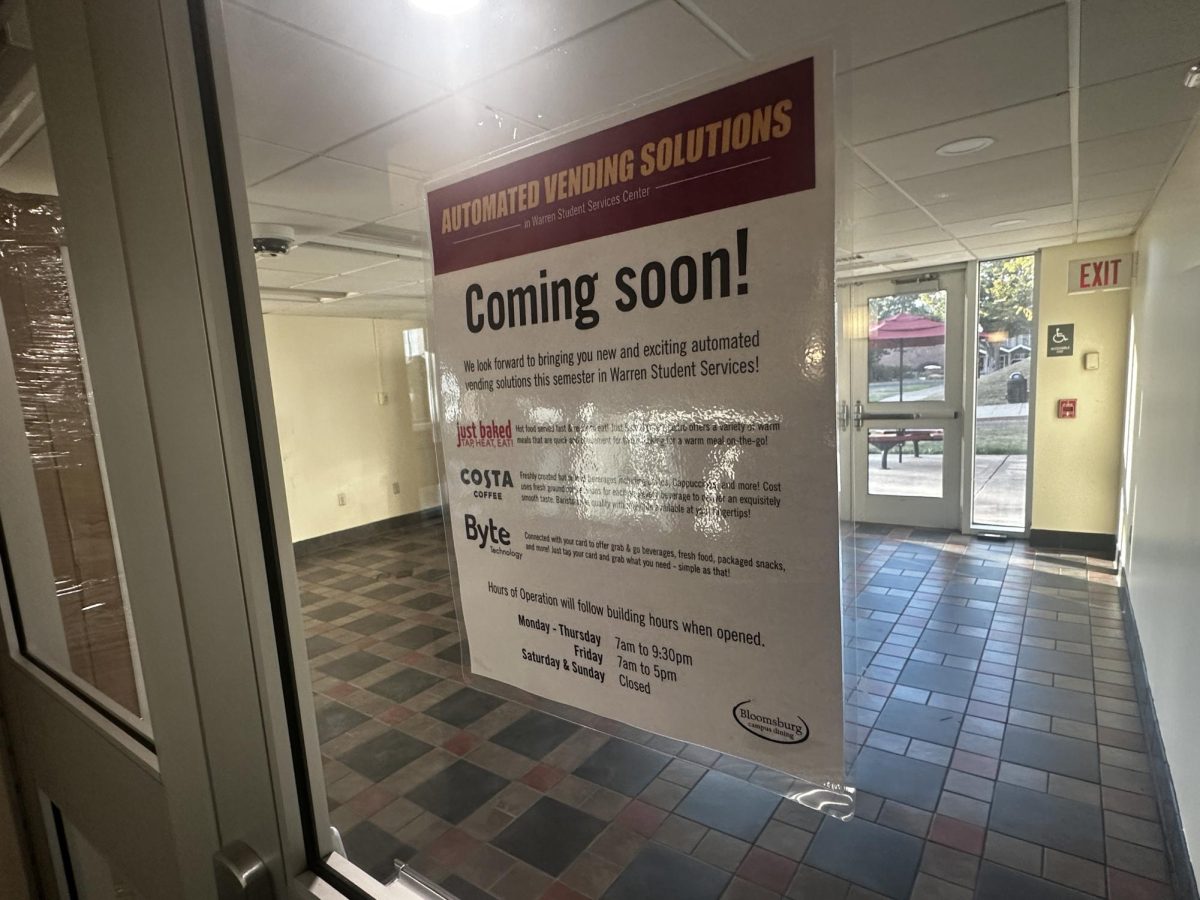Tattoos, like clothes, are a stylistic form of expression. We adorn ourselves with shoes, accessories, and shirts that represent who we are every day of our lives, unless we’re wearing a uniform of some kind.
And while, yes, there are certain dress codes to limit what we can wear and when we can wear it, this has a considerably small effect on our professional outlook in comparison to tattoos.
At the end of September, I got my very first tattoo. I’ve always admired them, and since I am now entering adulthood, I figured what better time to get one than now? My placement was on the inside of my calf, down near my ankle.
When I was preparing to get this tattoo I knew that, technically speaking, it would be visible were I to wear a dress, skirt, or shorts. Considering that, I intend to become an educator and this might not exactly bode well for me.
Teachers are, apparently, not privy to the world of tattoos, especially those that are visible. Unfortunately, for many women who enjoy wearing clothing items other than blazers, cardigans, and slacks, this makes it nearly impossible to get a tattoo that would always be covered up. Ankle, leg, shoulder, or wrist tattoos, no matter how innocent they may appear, are still deemed unprofessional in an educational setting and among other professions.
I suppose I can understand the logic behind a workplace’s desire to refrain from vulgar tattoos, in that it is similar to their aversion to clothing that has profanity or offensive language and images. Nevertheless, the rest of us are screwed out of job opportunities – or at least the ability to wear what we want without having to worry if we’re covered up – even if we have simple or inoffensive tattoos.
To see that workplaces in 2018 still don’t allow tattoo exposure is problematic. If I want a flower on my calf, how does that affect my teaching abilities? How would a tattoo of a Bible verse, or a phrase, or a sun alter the way in which a nurse treats their patients?
The fact of the matter is that a tattoo does not represent my skill set in the workforce. Judging someone by the ink on their skin is like judging them by the brand of sneakers they wear.
It’s unfair to consider a person with a tattoo as underqualified or unprofessional, just like it’s unfair to skip over someone who might not have designer clothes. It’s concerning that employers continue to think in such a superficial manner.
By turning someone with tattoos away an employer is undermining their capabilities for no reason other than that they’d like to keep up some notion of what it means to look respectable, a notion that was probably coined in 1910.
A fantastic teacher could have a sleeve of tattoos. Yet, they aren’t given the opportunity to exercise their skills unless they want to wear long sleeves every day, since tattoos are prohibited in most schools. A great nurse might have a tattoo peeking out beneath their sleeve, but an employer decided not to hire them because tattoos are, apparently, unprofessional.
At twenty, I should not be required to think about my tattoo placement – or whether or not to even get one – because my future profession may have regulations against it. We, as young people, should be able to express ourselves freely.
If we want something meaningful tattooed on our arms, there should be nothing stopping us.
It’s freedom of expression to be able to tattoo something onto our skin. Forcing us to refrain from tattoos or cover the ones we have is limiting creativity.
Regardless of what an education policy might dictate, or elsewhere for that matter, I will continue to share my tattoos with the world and get them where I please. More people should be willing to do the same.
Ultimately, we cannot all be turned down at a job because of our tattoos. The more people who have them and are willing to risk rejection for them demonstrates courage.
Hopefully, with the increasing number of individuals who get tattoos, employers will begin to revise their outdated ideologies and learn to decide someone’s qualifications based not on outer appearance, but on ability and integrity.
Kristin is a sophomore Secondary Education English major and a Staff Writer for The Voice.






















